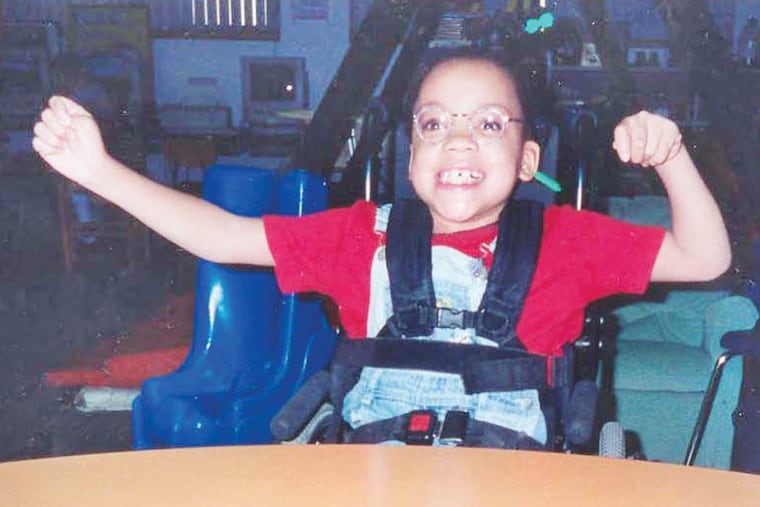Big changes at DHS have some workers in anguish, others optimistic
City Council committee hears testimony from major players in DHS overhaul.

THE TRAGIC death of 14-year-old Danieal Kelly served as the impetus for the major overhaul of the city's Department of Human Services that was dissected at length before City Council's Health and Human Services Committee yesterday.
Kelly suffered from cerebral palsy. She died on a soiled mattress in her own feces, weighing 42 pounds, which is normal for a 5-year-old. Her emaciated body went undiscovered for hours until police and paramedics found it infested with maggots. Her mother, Andrea Kelly, is currently serving a 40-year prison term for murder.
If yesterday's jam-packed hearing demonstrated one thing, it was the serious disconnect between DHS top administrators and the people who are on the ground and in the homes every day.
Kelly's sad, short and painful life rocked the city and DHS, where more than 4,600 children are in social-services placement citywide.
According to DHS Commissioner Vanessa Garrett Harley, the overhaul was necessary. The path to child-welfare reform in Philadelphia started in 2006 with Kelly's case, following a scathing rebuke of DHS from the investigating grand jury. Then Mayor John Street created the Child Welfare Review Panel, which ultimately offered a total of 37 recommendations to fix DHS so that no more children fall through the cracks.
It's taken years for the implementation of those recommendations to go into effect, said Garrett Harley, but DHS's Improving Outcomes for Children initiative has been a critical first step.
"Prior to IOC, DHS child welfare practice involved a dual management system, meaning that families had a minimum of two main caseworkers, one from DHS and one from a private provider agency under contract with DHS to deliver services," said Garrett Harley.
"For a family with numerous children, the workers multiplied, and lack of communication between DHS and provider agencies abounded, often with negative consequences on the delivery of services."
But under the new plan, DHS now consists of a single case management system, in which a family would work with a single case manager, located close to the home of the family receiving the services.
DHS has promised no employees will be laid off with the transition to the new system, but many are skeptical, and more are fed up.
Charles Younger, a DHS social worker, said his colleagues feel overburdened by the change and that there is confusion about roles when it comes to working with the new service providers, known as Community Umbrella Agencies, or CUAs. He says CUA workers are less experienced than the DHS workers who - in some cases - benefit from decades of institutional knowledge.
"This system-wide misunderstanding was exacerbated by the fact that everyone in DHS was already stretched thin dealing with their current caseloads," said Younger.
Currently, about half of DHS cases go to the CUAs, said Garrett Harley. The goal for 2015 is to transition the remaining half to the CUAs.